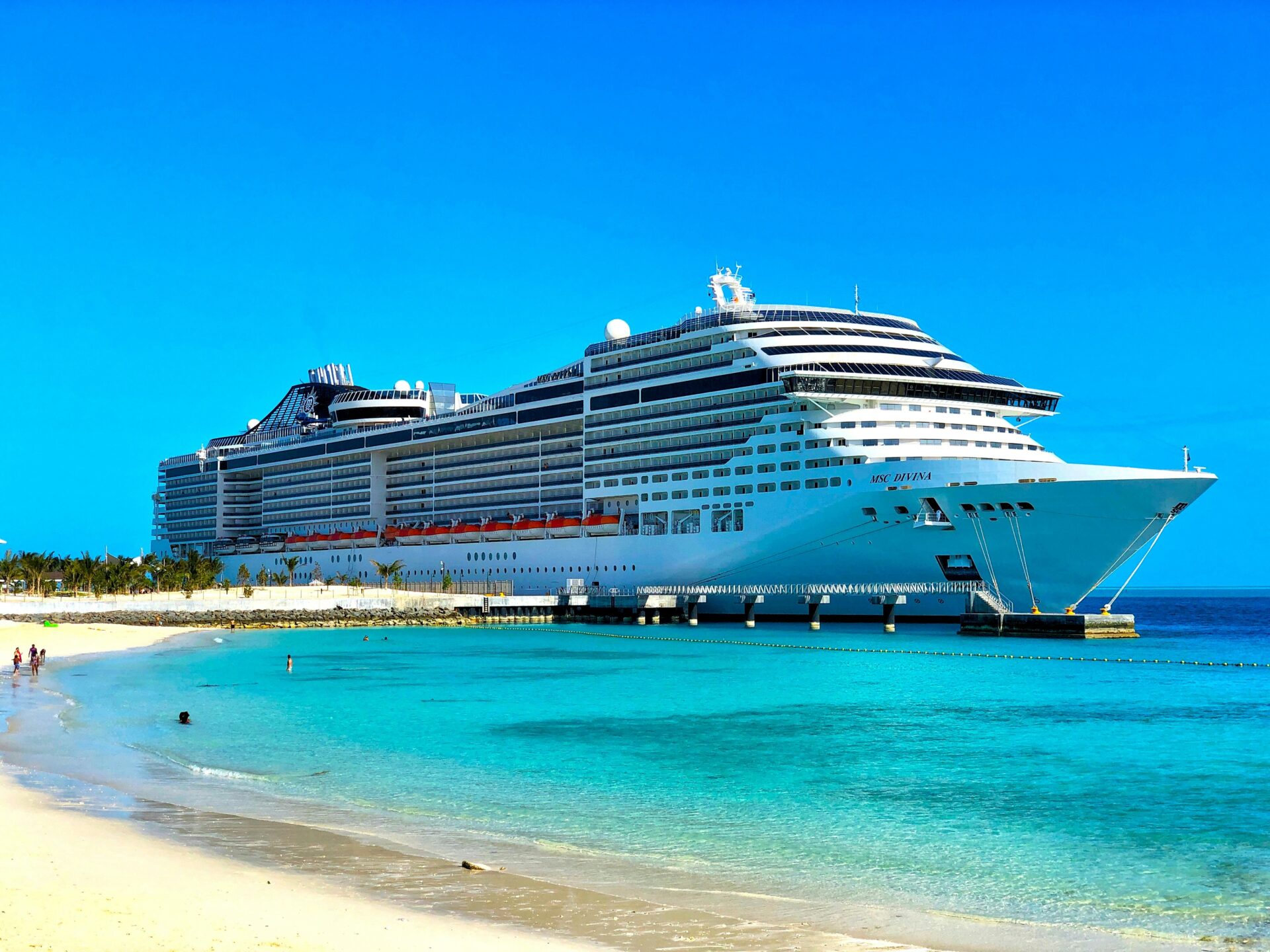Exclusivity and premium experiences in businesses and corporate travels have become an essential aspect in maintaining an effective productivity level, according to a recent report. The study highlights a significant finding that approximately 87% travelers who stressed over business travels reported at least one hour of productive work time loss upon reaching their destination. This loss was attributed to the stress induced by the business travels.
Furthermore, more than one in three business heads, including senior managers and C-level executives, reportedly lost over half a working day due to stress related to travel. As business travel is gradually recovering, the expected spending records by the end of this year are likely to set new highs. This evolving trend in business travel dynamics is particularly impactful in verifying and understanding the impact of diverse travel planning schemes on businesspeople’s productivity level.
A substantial segment of UK based businesses, comprising 85%, are scheduling to maintain or increase their business-associated travel expenditure over the next year. Wellness and productivity have emerged as being closely linked to the dynamics of how business traveling is evolving. The modern transformation in adopting premium facilities can essentially boost productivity levels for professionals.
A recent report from Blacklane, the provider of global chauffeur services, has detailed how current global business travel strategies are leading executives to lose productive working hours due to broken travel paths. The report indicates that approximately 86% of global participants reported losing at least one productive hour during traveling. The UK outlines a slightly higher figure, with approximately 87% of business travelers experiencing the loss of working hours.
Moreover, more than one-third of UK business travellers — 34% to be precise — lost between four and eight hours, equivalent to a full day at work. For UK-based C-level executives, the figures were even bleaker, with 38% losing between four and eight productive work hours due to travel-induced stress.
Over the past year, 59% of business travelers in the UK have noticed travel budget cuts. Two-thirds of such travelers stated these reductions negatively impacted their productivity and job performance while they traveled for work objectives. The frequency of these answers notably increased to 79% among C-level executives and 74% among business owners.
These results underscore an opportunity for travel arrangers to reassess their priorities to optimize business trip productivity. Prioritizing time for personal relaxation and leisure activities during business trips was highlighted by 92% of respondents. According to the survey, a significant segment of respondents — 45% to be precise — expressed their desire to explore the location they visit for business purposes.
Interestingly, business and leisure, also known as ‘bleisure’, have become more closely intermingled as working remotely gained momentum due to the pandemic. This is evident due to approximately 86% of respondents confirming that they had merged business and leisure during their work-related travels.
Around 33% believe that companies will implement strict rules around ‘bleisure’ in the next five years. Nonetheless, 75% believe that ‘bleisure’ either enhances their productivity or does not negatively impact their work performance indicating that this trend might continue in the near future.
Thus, while considering the important elements of business travels, the most prioritized aspects included timely arrivals, comfort during travel, and convenience, as cited by 38%, 33%, and 30% of respondents respectively. The most preferred premium amenities during travel are premium or business-class flights, WiFi access for working on-the-go, and pre-booked private airport transfers.
Going ahead, integrating elements of business and leisure travel, while ensuring quality experiences at all stages of a journey, might redefine business travel, offering opportunities for enhanced productivity, better work-life balance, and improved overall performance.



